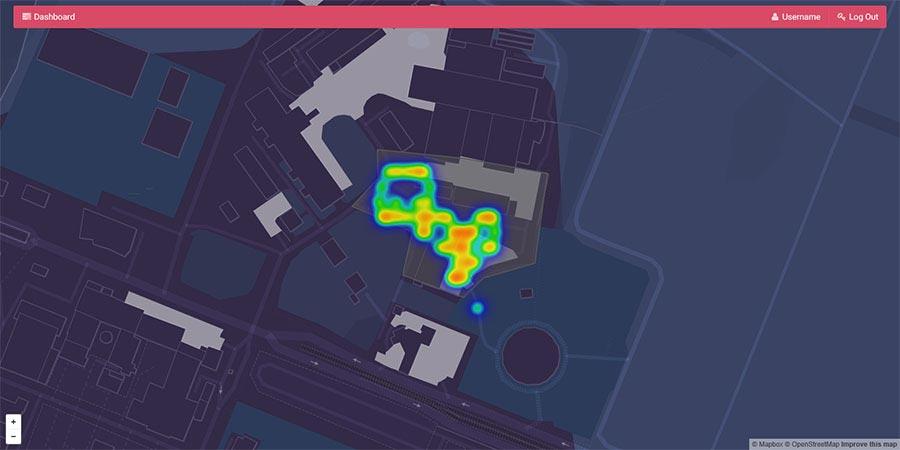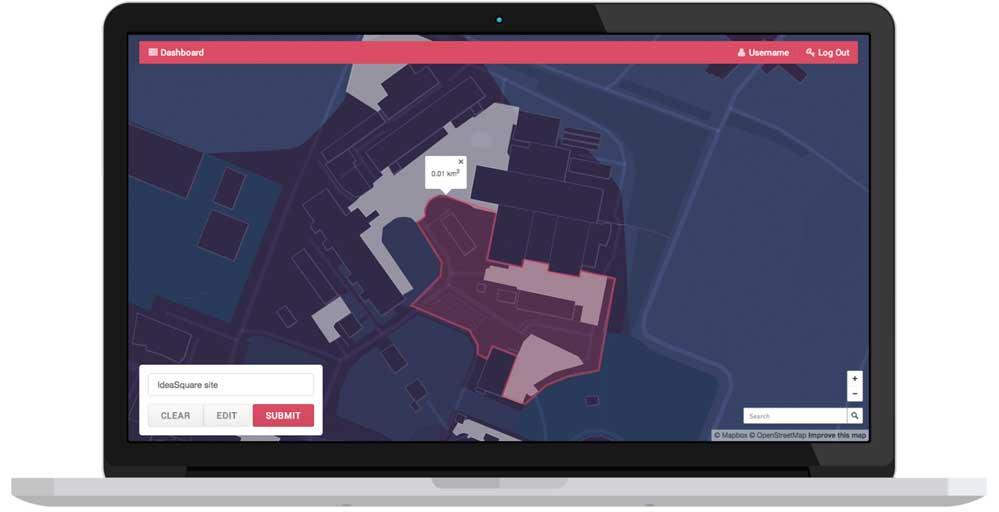
CaSa
Image
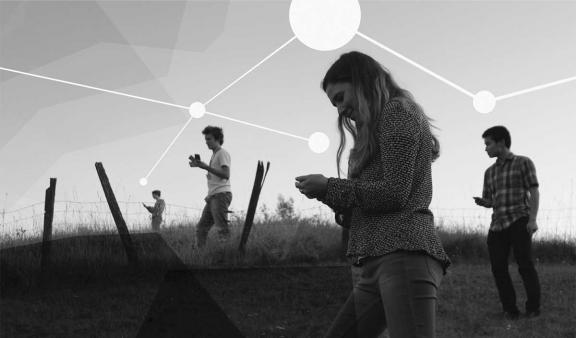
The determination of safe, accessible, and usable locations for refugee camps is paramount to the success of the camp. While viable locations can be investigated with field surveys by persons in the field or with the rather costly use of satellite technology, it is vital to have a precise understanding of the elevation of the terrain to ensure the camps will be free from natural dangers such as flooding.
Concept
Image
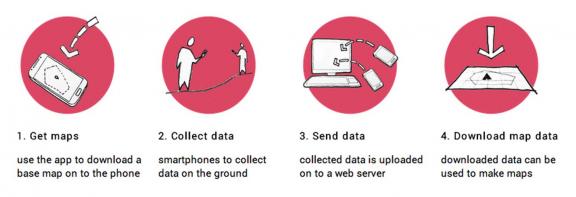
Results
Impressions
Image
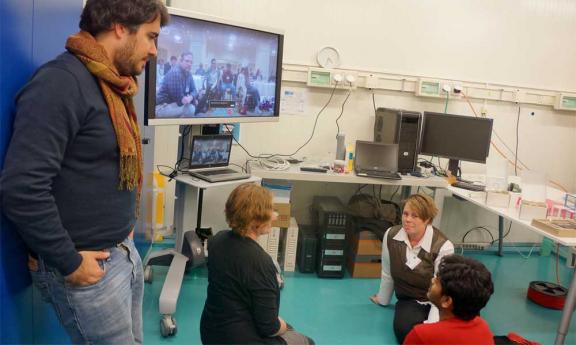
Image

Image

Project Team

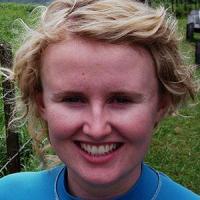
Cobi Smith
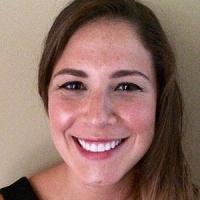
Emily Primack
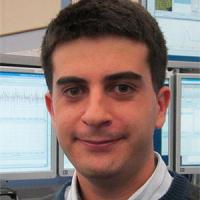
Gianluca Valentino
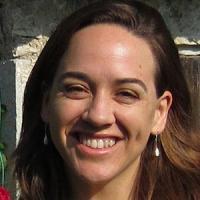
Kathryn Grimm
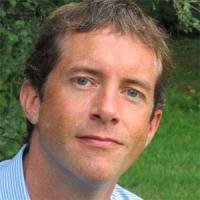
Lars Bromley
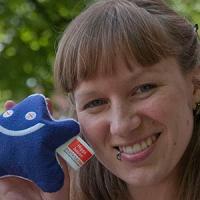
Lillian Smestad
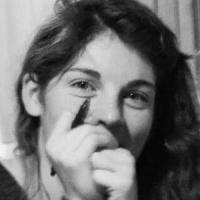
Megan Passey
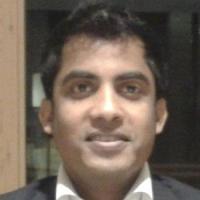
Mohammad Abdul Jabbar
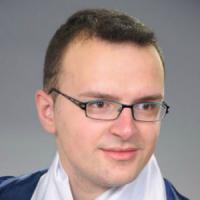
Vladimir Ilievski

Yves Zieba
Resources
CaSa
Image
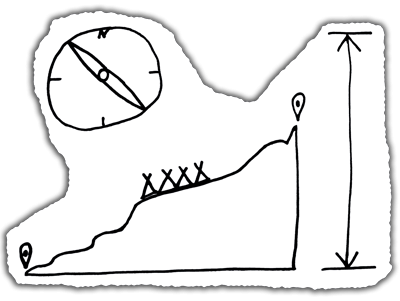
Sustainable Development Goals
Attributes
Team
pier-19

